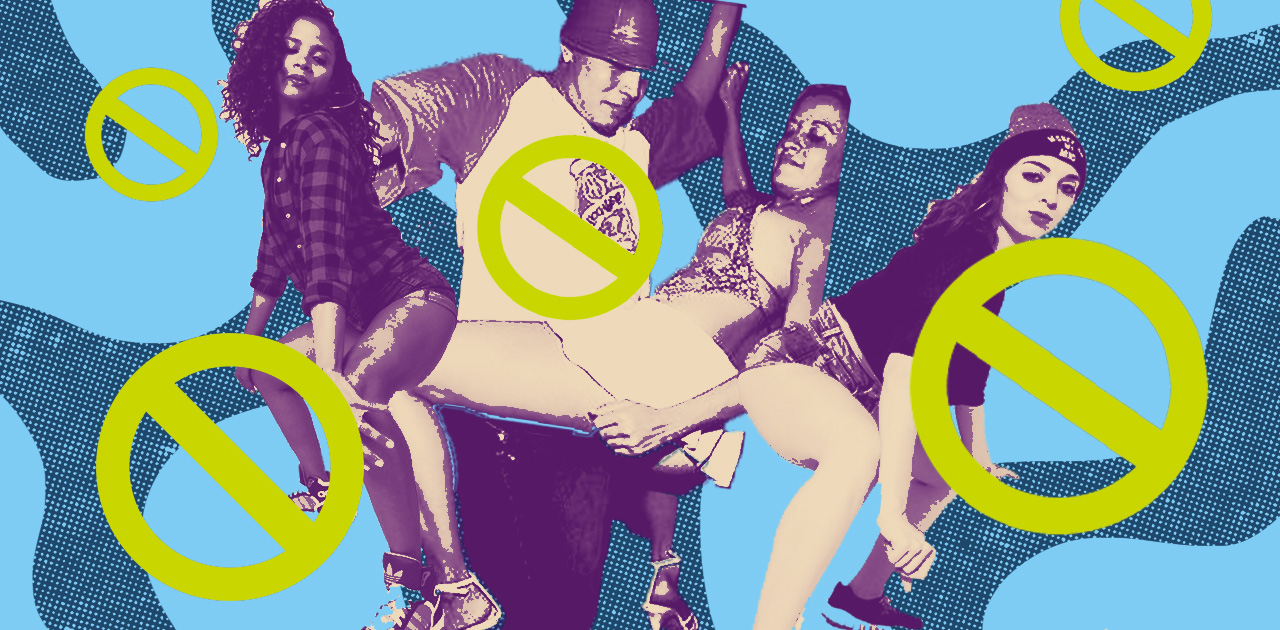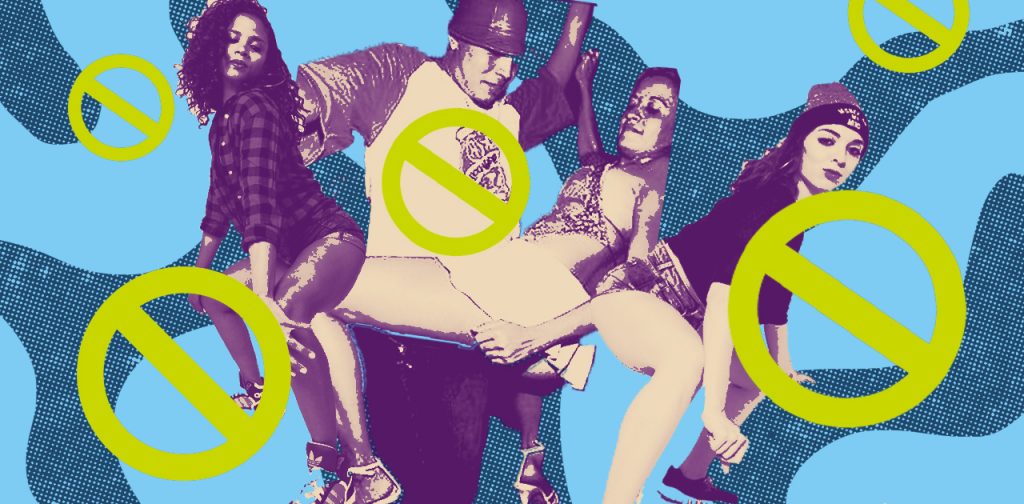Earlier this week, one of Colombia’s senators, Jonatan (Manguito) Tamayo Pérez, proposed that the country partially censor reggaetón through a process of approval that would involve *checks notes* the police or an otherwise hand-selected committee tasked with the apparently vital mission, according to El Tiempo.
“There are song lyrics that are ruining the mental health status of our children,” he said.
How he concluded so so decidedly is unclear, but, he proposes a public ban of “lyrics that attempt against the good name and dignity of women and minors” in response.
To be clear, Manguito is fine with folks listening to reggaetón from the comfort of their homes, but not if said music is played or performed in public (e.g., parks, malls). Those who refuse to abide would reportedly be sanctioned.
In terms of enforcing the rule (which, as you can imagine, may prove difficult in a country of 50 million people), Manguito, whose priorities are clearly well-aligned, suggests local authorities and parents, or people who are otherwise passionate about this, report those who don’t follow suit.
Is it just me or did the chorus of Jhené Aiko’s “Triggered” just start playing in the background?
For the better part of the last decade, Colombia set a seat at the table for themselves in the mainstream urbano circuit with producers like Sky and Ovy On The Drums leading the charge.
But, the idea that the government would infringe upon the process of urbano artists or address the genre’s often preferred, vulgar themes when its popularity skyrockets at the local level isn’t new. In the 1990s, the Drug and Vice Control Bureau of the Police Department in Puerto Rico raided record stores to confiscate underground music. In the early 2000s, anti-reggaetón hearings were held, and the governor at the time, senator Velda González (who has possibly had a change of heart since), called the genre a “triggering factor for criminal acts.” More recently, Cuba banned reggaetón in public spaces, buses and more in 2012, and – in Colombia – an attorney named Joaquin Torres attempted to ban the sale and distribution of reggaetón in 2011.
The latter obviously did not get very far, but that’s not to say this won’t.
Tamayo has been in the Senate of Colombia since 2018 and is openly conservative.
In a sense, Tamayo is right – reggaetón more often than not is sexual, is danced sensually and children may very well be exposed to it in public. The question is, who, how and where should people listen to it – and, more pointedly, (why) is that the government’s business?




